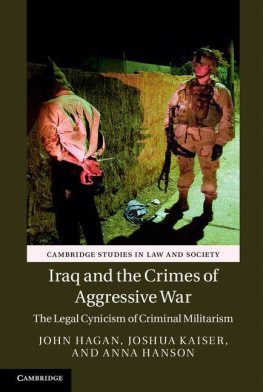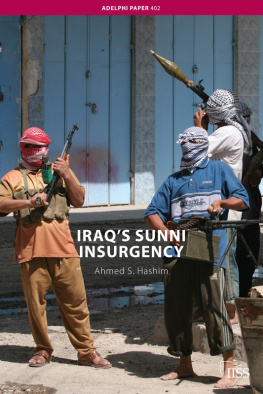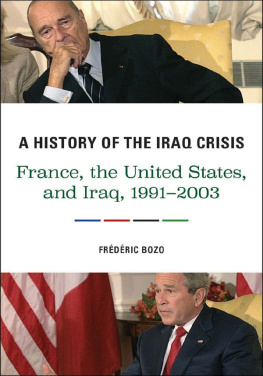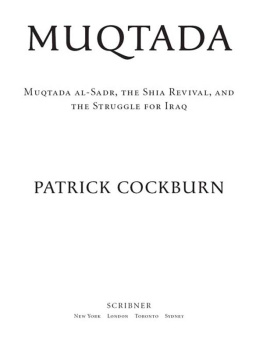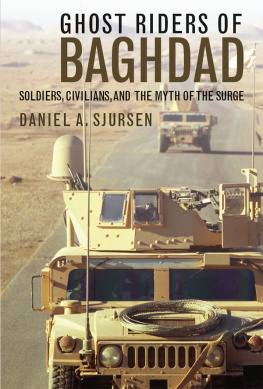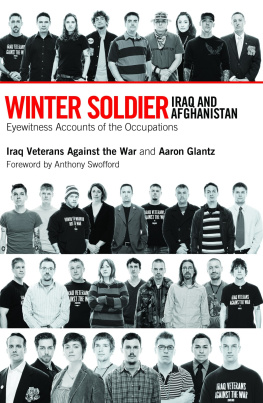Iraq and the Crimes of Aggressive War
From the torture of detainees at Abu Ghraib to unnecessary military attacks on civilians, this book is an account of the violations of international criminal law committed during the U.S. invasion and occupation of Iraq. Taking stock of the entire war, it uniquely documents the overestimation of the successes and underestimation of the failings of the Surge and Awakening policies. The authors show how an initial cynical framing of the American war led to the creation of a new Shia-dominated Iraq state, which in turn provoked powerful feelings of legal cynicism among Iraqis, especially the Sunni. The predictable result was a resilient Sunni insurgency that reemerged in the violent aftermath of the 2011 withdrawal.
Examining more than a decade of evidence, this book makes a powerful case that the American war in Iraq constituted a criminal war of aggression.
John Hagan is the John D. MacArthur Professor of Sociology and Law at Northwestern University and codirector of the Center on Law and Globalization at the American Bar Foundation. His previous Cambridge University Press books are Mean Streets: Youth Crime and Homelessness (with Bill McCarthy) and Darfur and the Crime of Genocide (with Wenona Rymond-Richmond). Hagan is an elected member of the American Academy of Arts and Sciences and the Royal Society of Canada.
Joshua Kaiser is a Law and Social Science Fellow at the American Bar Foundation and a JD-PhD candidate in law and sociology at Northwestern University. His research focuses on the sociology and criminology of state control and state violence, both in the United States and internationally.
Anna Hanson is currently a doctoral candidate in the sociology department at Northwestern University. Her research focuses on issues of terrorism and human rights.
Cambridge Studies in Law and Society
Cambridge Studies in Law and Society aims to publish the best scholarly work on legal discourse and practice in its social and institutional contexts, combining theoretical insights and empirical research.
The fields that it covers are: studies of law in action; the sociology of law; the anthropology of law; cultural studies of law, including the role of legal discourses in social formations; law and economics; law and politics; and studies of governance. The books consider all forms of legal discourse across societies, rather than being limited to lawyers discourses alone.
The series editors come from a range of disciplines: academic law, sociolegal studies, sociology, and anthropology. All have been actively involved in teaching and writing about law in context.
Series Editors
Chris Arup, Monash University, Victoria
Sally Engle Merry, New York University
Susan Silbey, Massachusetts Institute of Technology
Iraq and the Crimes of Aggressive War
The Legal Cynicism of Criminal Militarism
John Hagan
Northwestern University
American Bar Foundation
Joshua Kaiser
Northwestern University
American Bar Foundation
Anna Hanson
Northwestern University


32 Avenue of the Americas, New York, NY 10013-2473, USA
Cambridge University Press is part of the University of Cambridge.
It furthers the Universitys mission by disseminating knowledge in the pursuit of education, learning, and research at the highest international levels of excellence.
www.cambridge.org
Information on this title: www.cambridge.org/9781107507012
John Hagan, Joshua Kaiser, and Anna Hanson 2015
This publication is in copyright. Subject to statutory exception and to the provisions of relevant collective licensing agreements, no reproduction of any part may take place without the written permission of Cambridge University Press.
First published 2015
Printed in the United States of America
A catalog record for this publication is available from the British Library.
Library of Congress Cataloging in Publication Data
Hagan, John, 1946
Iraq and the crimes of aggressive war : the legal cynicism of criminal militarism / John Hagan, Joshua Kaiser, Anna Hanson.
pages cm. (Cambridge studies in law and society)
Includes bibliographical references and index.
ISBN 978-1-107-10453-2 (hardback) ISBN 978-1-107-50701-2 (paperback)
1. Iraq War, 20032011 Atrocities. 2. Iraq War, 20032011 Moral and ethical aspects. 3. War crimes Iraq. I. Kaiser, Joshua, 1985 II. Hanson, Anna, 1985 III. Title.
DS79.767.A87H34 2015
341.69dc23 2015002803
ISBN 978-1-107-10453-2 Hardback
ISBN 978-1-107-50701-2 Paperback
Cambridge University Press has no responsibility for the persistence or accuracy of URLs for external or third-party Internet Web sites referred to in this publication and does not guarantee that any content on such Web sites is, or will remain, accurate or appropriate.
To initiate a war of aggression, therefore, is not only an international crime; it is the supreme international crime differing only from other war crimes in that it contains within itself the accumulated evil of the whole.
Judgment of the International Military Tribunal at Nuremberg,
We are not prepared to lay down a rule of criminal conduct against others which we would be unwilling to have invoked against us.
Justice Robert Jackson, Chief Prosecutor for the International Military Tribunal at Nuremberg, 1945
I see mostly normal men, trying to do good, beaten down by horror, by their inability to quell their own rages, by their masculine posturing and their so-called hardness, their desire to be tougher, and therefore crueler, than their circumstance.
Phil Klay, Iraq War Veteran and Author of Redeployment , 2014
Contents
Prologue
The first assault in the U.S.-led Iraq War was spearheaded by two F-117 Nighthawks dropping four 2,000-pound Bunker Buster bombs and four ships firing forty Tomahawk cruise missiles. They targeted a compound outside Baghdad where U.S. intelligence mistakenly believed Saddam Hussein was visiting his sons. Saddam apparently had not been there in almost twenty years. This assault killed the wars first civilian bystander.
The first strike was followed two days later by the Shock and Awe launch of 1,700 air sorties with hundreds more cruise missiles. ). Iraq Body Count estimated that more than 6,000 civilians were killed in the ensuing first phase of the U.S.-led invasion.
, when Germany invaded an undefended Poland to begin World War II. The 1974 UN definition is too broad for purposes of criminal prosecutions or social scientific research, and there is no cumulative case law to clarify the definition of aggressive war.
) cites legal definitions of aggressive war from Nuremberg, through the UN General Assembly, to the Rome Treaty. However, he emphasizes that these definitions do not sufficiently specify the events and circumstances that are necessary to circumscribe prosecutorial and trial applications of the concept of aggressive war.
:35) argues that more attention is needed to the factors and circumstances that initiate war ad bellum to conclude whether a war is just or unjust. He further insists that what comes after a war is also a crucial part of whether it should or should not be fought in the first place. Foreseeable consequences of war post bellum must also be considered.
Our own contribution is a social scientific theory and empirical causal analysis built on this approach, with particular attention to consequences of war, based on extensive social science surveys and interview evidence gathered in Iraq the most extensively reported but still infrequently empirically studied international conflict recently involving the United States. We bring social science data to bear in documenting both the background and consequences ad bellum and post bellum of the U.S.-led invasion of Iraq.
Next page
